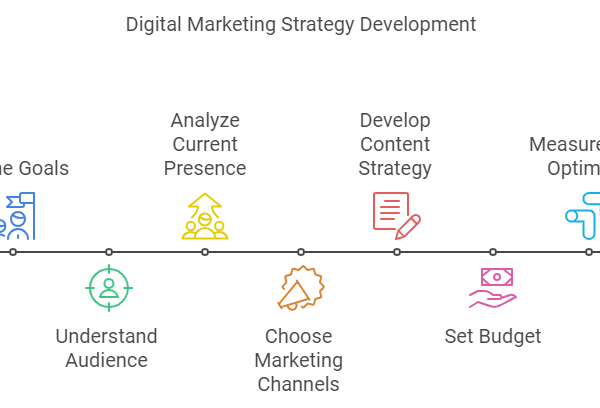
Introduction
Completing an intermediate course with a focus on Mathematics, Economics, and Commerce (MEC) opens up a myriad of opportunities for students to further their academic and professional pursuits. Whether you’re aspiring to pursue higher education, delve into specialized courses, or enter the workforce directly, the post-intermediate phase is a critical juncture that requires careful consideration and planning. In this comprehensive guide, we’ll explore various study options available to students after completing an intermediate MEC course, with insights from the esteemed College of Management Studies (CMS) for CA education.
Understanding the Intermediate MEC Course
The intermediate MEC course provides students with a solid foundation in mathematics, economics, and commerce principles, equipping them with essential knowledge and skills in these disciplines. Throughout the course, students delve into topics such as algebra, calculus, microeconomics, macroeconomics, accounting, finance, and business studies, laying the groundwork for advanced study and career pathways. If you’re looking for the Best MEC Junior Colleges in Hyderabad then look no further than CMS FOR CA.
Post-Intermediate Study Options
Bachelor’s Degree Programs:
Bachelor of Commerce (B.Com): Pursuing a B.Com degree allows students to further specialize in areas such as accounting, finance, economics, marketing, and management. It serves as a gateway to various career opportunities in banking, finance, commerce, and business administration.
Bachelor of Economics (B.Econ): Students interested in a deeper understanding of economic principles and policy analysis can opt for a B.Econ degree. This program explores advanced topics in microeconomics, macroeconomics, econometrics, and economic theory, preparing students for roles in research, analysis, and policy-making.
Bachelor of Business Administration (BBA): A BBA degree offers a comprehensive education in business management, covering topics such as marketing, human resources, operations, finance, and strategic management. It prepares students for leadership roles in diverse industries and sectors.
Professional Certification Courses:
Chartered Accountancy (CA): Aspiring accountants can pursue the CA course to become certified chartered accountants. This rigorous program covers financial accounting, auditing, taxation, and corporate laws, leading to lucrative career opportunities in accounting firms, corporate finance, and advisory services.
Certified Management Accountant (CMA): The CMA certification focuses on management accounting and strategic financial management. It equips students with skills in cost accounting, budgeting, performance evaluation, and risk management, preparing them for roles in management accounting, financial analysis, and strategic planning.
Certified Financial Planner (CFP): Students interested in financial planning and wealth management can pursue the CFP certification. This program covers topics such as investment planning, retirement planning, tax planning, estate planning, and risk management, enabling students to work as financial advisors, planners, or analysts.
Specialized Diploma Courses:
Diploma in Banking and Finance: This program provides specialized training in banking operations, financial management, risk assessment, and regulatory compliance. It prepares students for entry-level positions in banks, financial institutions, and investment firms.
Diploma in Entrepreneurship: Students with entrepreneurial aspirations can opt for a diploma in entrepreneurship, which covers topics such as business planning, venture capital, market research, and startup management. It equips students with the skills and knowledge needed to launch and manage their own business ventures.
Graduate Entrance Examinations:
Graduate Management Admission Test (GMAT): Students aspiring to pursue an MBA or master’s degree in business administration can prepare for the GMAT, a standardized test required for admission to top business schools worldwide.
Common Admission Test (CAT): CAT is the entrance exam for admission to prestigious management programs in India, including the Indian Institutes of Management (IIMs). Students can prepare for CAT to pursue an MBA or related management degree.
Conclusion
The post-intermediate phase presents a multitude of study options and career pathways for students who have completed an intermediate MEC course. Whether you choose to pursue a bachelor’s degree, professional certification, specialized diploma, or prepare for graduate entrance examinations, it’s essential to align your academic and career goals with your interests, strengths, and aspirations. This article should have given you emperiortech a clear idea about. By carefully evaluating your options, conducting thorough research, and seeking guidance from academic counselors and mentors, you can make informed decisions and embark on a rewarding educational journey that sets the stage for future success and fulfillment. In this comprehensive guide, we’ll explore various study options available to students after completing an intermediate MEC course, with insights from the esteemed College of Management Studies (CMS) for CA education.











